Since September, a new team of mentors has been accompanying the institutional development of schools participating in the HEKS-funded inclusion program of the Reformed Church in Hungary. The initiative is part or the strategic cooperation with the Swiss Protestant Church Aid in the field of the Ministry among Roma.
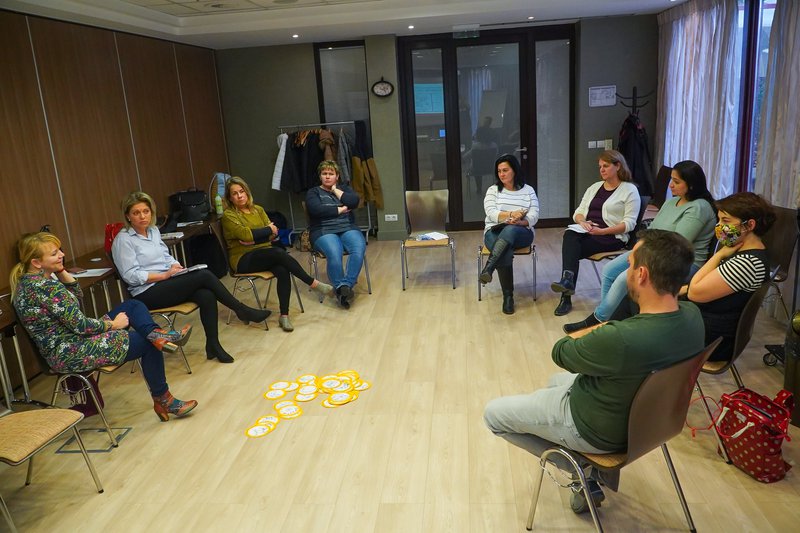
One of the pillars of the longstanding strategic cooperation between the Reformed Church in Hungary and the Swiss Protestant Church Aid HEKS/EPER, in the field of the Roma ministry, is to turn congregations more inclusive, while the other is to promote inclusivity in Reformed educational institutions. Since 2017, as part of the latter program we have been working to ensure that differences among students are considered as a value and schools are not hotbeds of segregation.
Eight institutions are currently participating in the program. Two of them - the Vargha Gyula Reformed Kindergarten and Primary School in Nemesgörzsöny and the Reformed Primary School in Kántorjános - are new members who joined the network earlier this year. The schools are engaged in a mentored institutional development process within the framework of the Inclusion Project. Though the COVID pandemic and the subsequent closures have created significant challenges to the effective cooperation, the work has been ongoing.
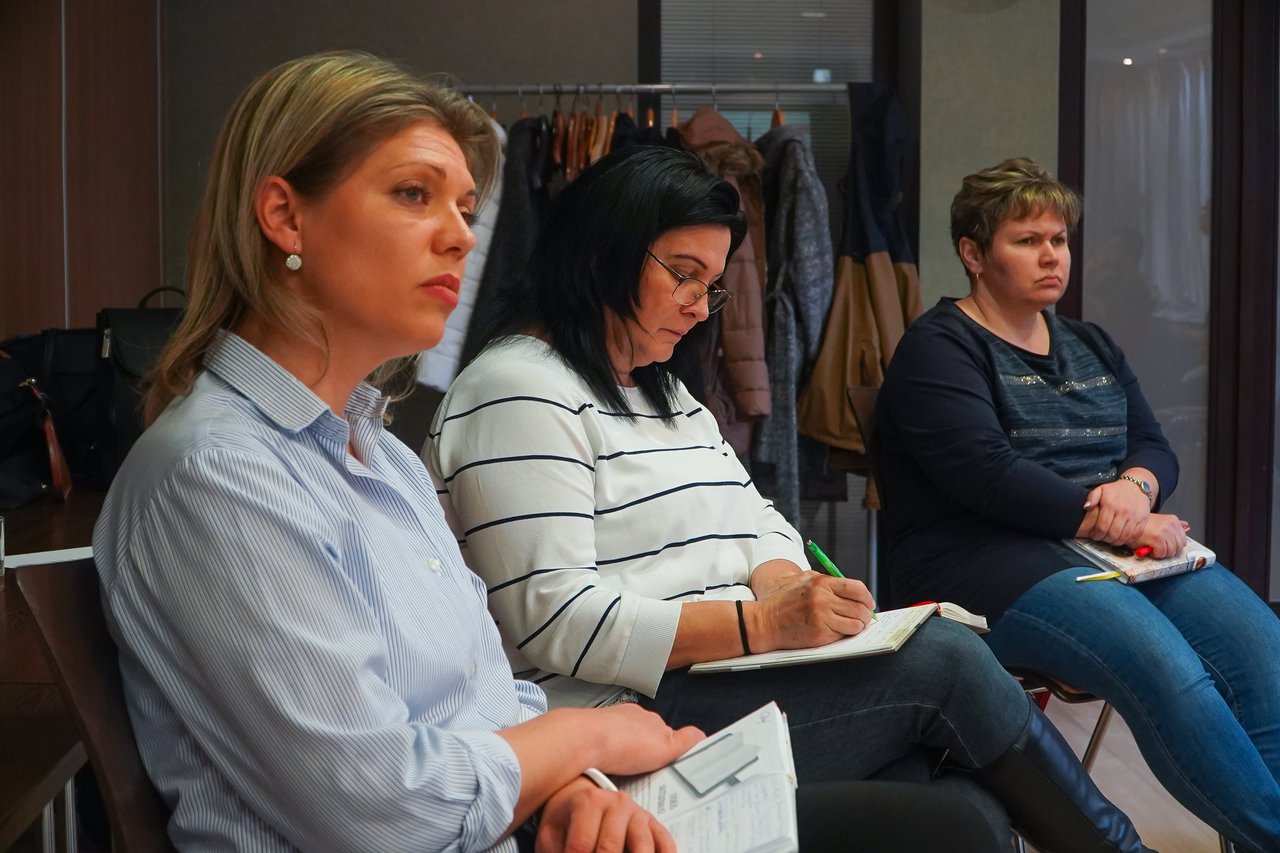
The School in Nagyharsány, a village in Sothern Hungary, which also participates in the program, has been maintained by the reformed Presbytery of Baranya since 2010 and became an inspirational example and a model of how a Reformed school should operate. Under the leadership of the director Orsolya Pintérné Lázok, a mutually supportive team was formed, and the seeds of value-based education were sown early on.
The main objective has been to reduce discrimination and exclusion, to ensure access to education and to strengthen participation by developing the whole community. The focus is not only on dealing with problematic students, but also to nurture the talented ones, and to work together in the classroom, including parents and staff members, by keeping in mind the Word of God.
The past twelve years have brought many challenges, but even more joy, to Nagyharsány, during which the director and the school's deputy headmaster, Zsolt Gál, have developed their wide-ranging inclusion program at an academic level, through which they proved to be ideal to mentor the professional work in other institutions involved in the program.
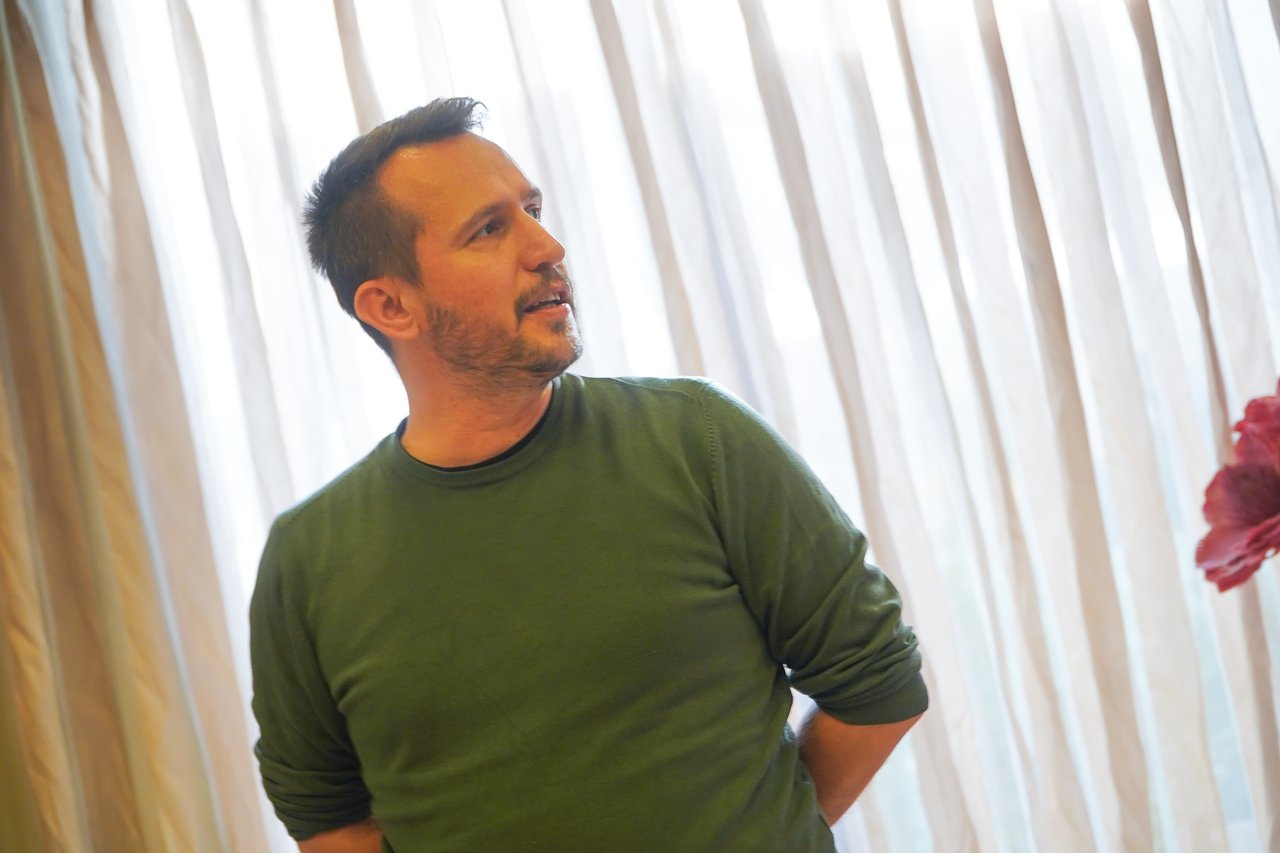
Representatives of the participating schools attended a two-day workshop in the framework of a networking meeting, led by Orsolya and Zsolt, on 19 and 20 November 2021. Beside Andrea Ignácz, the national coordinator of HEKS' Roma inclusion projects and host of the event, Dóra Hanula-Csordás, coordinator of the inclusive school program co-hosted the meeting. She has been working in the team of the National Reformed Gypsy Ministry since November.
One of the aims of the meeting was networking, as mentioned, with a special attention to schools that recently joined the program. Still, mentors focused on highlighting the importance of Christian attitude in education without which it is impossible to implement an effective inclusion program. As the mentors stressed, the main objective was “to prepare and equip ourselves and our community for a Jesus-oriented strategy”.
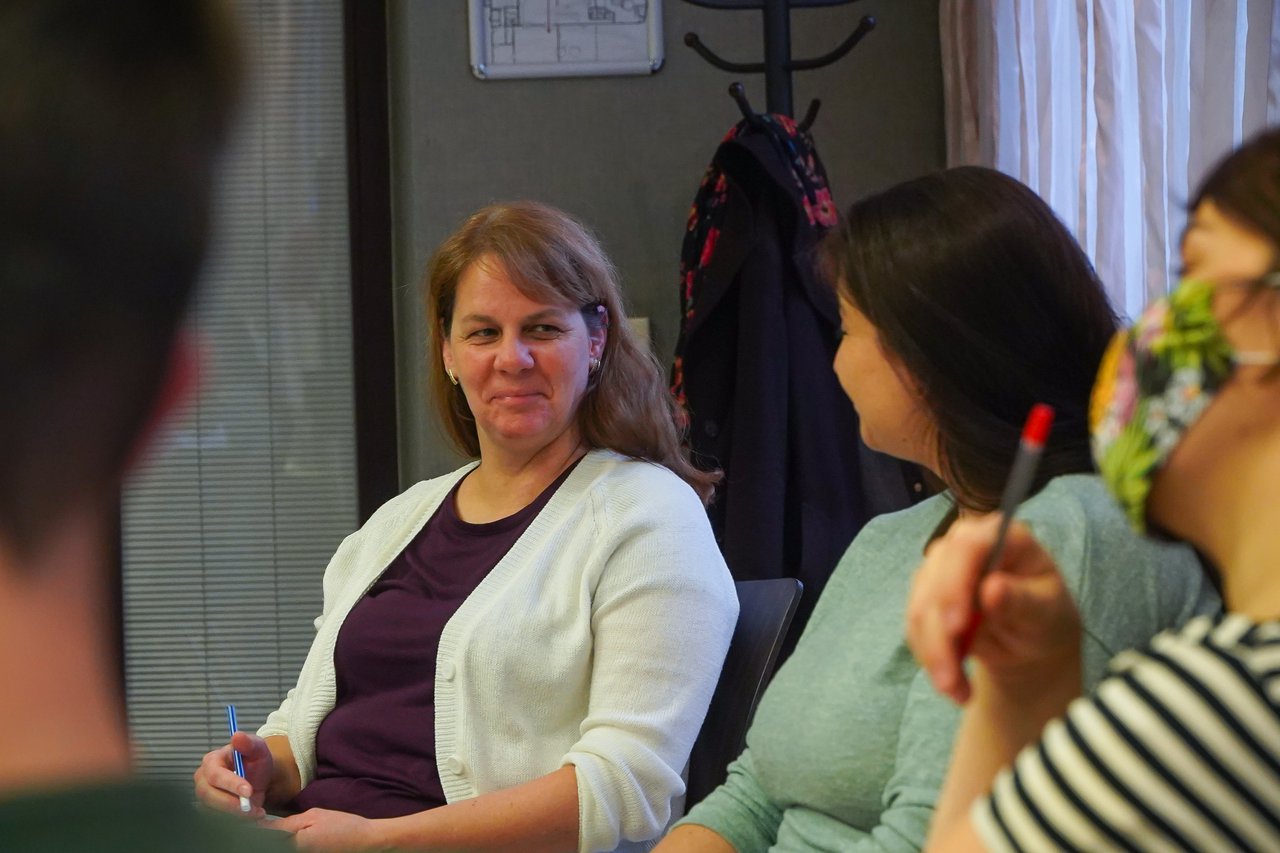
During the first day, the mentors, beside presenting their own inclusion practices, led the participants through Bible stories and passages that brought them closer to the perspective of those on the margins. In addition to the presentations, the representatives of the institutions participated in interactive exercises to reflect on their own situation, good practices and areas for improvement.
On Saturday, the focus was on the practical implications. The representatives of the schools participating in the program had the opportunity to address administrative tasks and obligations with the project coordinators, while Orsolya and Zsolt involved them in working with the logical framework of the HEKS Project.
“I noticed that the mentors' approach was new also for the schools that had been in the program for a longer period of time,” said Dóra Hanula-Csordás, evaluating the two-day meeting. “They connected the values of inclusion with the fruits of the Spirit in a very intuitive way, while arranging an intense and attention-grabbing program. Orsolya and Zsolt put a lot of emphasis on transferring knowledge as well as on shaping attitudes,” added Dóra.
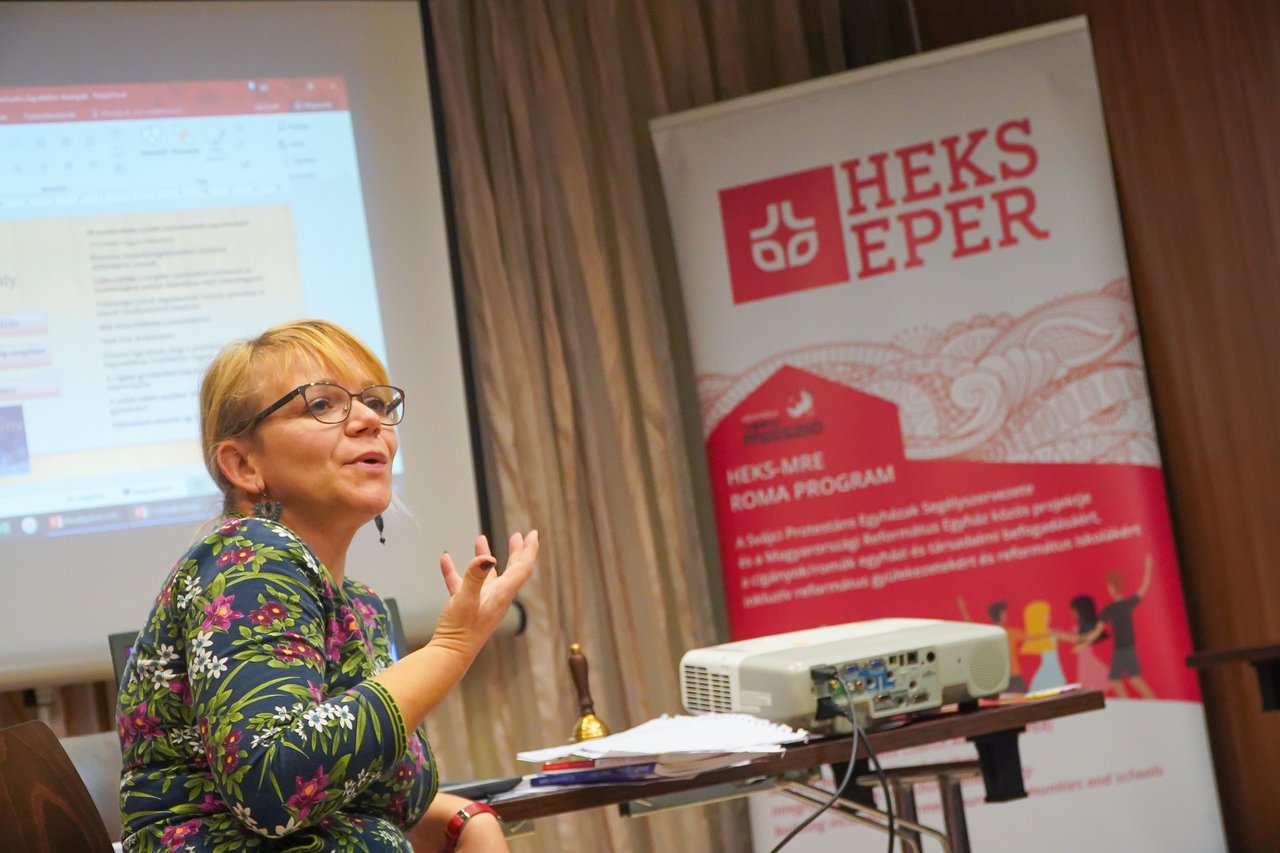
“Jesus Christ offered us a strategy and a model for living together that is worth engaging with during these two days and beyond,” said Orsolya Pintérné Lázok, evaluating the lessons learned during the workshop. “We have the opportunity to go back to the basics also regarding our Christian pedagogy. We highlighted the mindset and attitude Jesus had and the biblical values that can create community, enable us to recognize the other, make sacrifice and move towards the other transforming love in actions,” she continued.
“Regarding our institutions, we sought to recognize both conformity and contradictions between our values, goals, mission and actions. We have interpreted the difficulties and dangers of our work, and we have also envisioned our potentials and resources. We had the opportunity to meet colleagues with whom we share professionalism, creative solutions and attitudes”, summarised the importance of the networking meeting the headmaster of the school in Nagyharsány.
“… Make disciples of all nations .. ” (Mt 28,19). The mission statement of the Reformed Church in Hungary for its role in public education starts with the reference to Jesus’ great commission, which makes it clear to all Reformed educational institutions that inclusion is not an option, but an inevitable task.
Read more about the Roma Ministry of RCH
HEKS, the Aid Organization of the Swiss Protestant Churches has been supporting RCH’s Roma Ministry since 2013 in the framework of the strategic Church Cooperation program. Joint projects in awarness raising, training and inclusion programs supporting Roma youth and families is one of the two priorities of the Church Cooperation between HEKS and RCH, beside integration of Refugees.